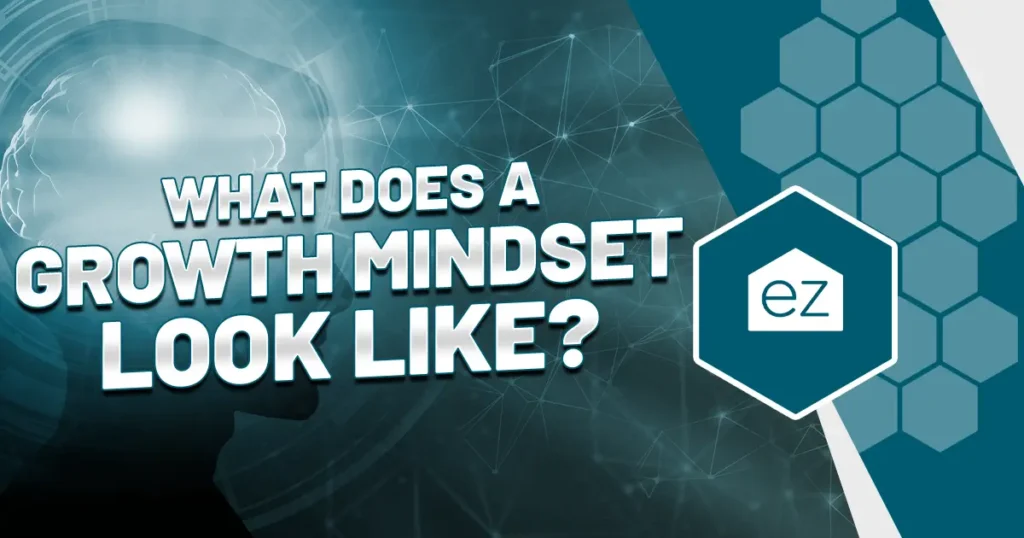What is the Best Credit Score for Buying a Home?
Are you about to apply for a mortgage? Your credit score is about to take center stage. This number is one of the most important factors mortgage lenders use in determining if your home loan will be approved. Sure, the higher the number, the better your chances at landing the best rates and terms, but don’t worry if you’re not “excellent.” There isn’t a one-size-fits-all answer to figuring out the best credit score for buying a home. It depends on what type of loan you’re getting. Let’s unravel the credit score mysteries and explore your options for buying a home depending on your preferred mortgage type.
Conventional Loan
You’ll need good credit if you’re like most Americans and are looking for a conventional loan. Because private lenders finance these loans, the individual organization will set the requirements. However, you can usually expect a credit score of at least 620 to qualify for this type of loan. Organizations sometimes have even stricter requirements, such as requiring a credit score of 660.
You will have even better options if you have excellent credit and are going with a conventional mortgage. For example, if you have excellent credit with a FICO score of 740 or higher, you won’t have to make a down payment that is as large. You will also have a chance to secure that organization’s lowest interest rates available at that time.
Jumbo Loans
As their name implies, a jumbo loan provides you with a more considerable amount of financing than other loans. Because of this, you will need exceptional credit to mitigate the increased risk that the lender is taking. Typically, you should have a credit score of 700 or higher to meet their jumbo loan requirements.
FHA Loans
Because the Federal Housing Administration insures FHA loans, they pose less risk for the lender. That means the credit requirements are less stringent. If you’re making a down payment that’s below 10%, you should be able to qualify for the loan with a FICO score of 580. Some programs require as little as 3% down. However, if you can make a down payment of 10% or more, you won’t have to meet any credit score requirements.
VA Loans
If you’re an active service member, veteran, or the spouse of someone who died in the line of duty, a VA loan is probably on your radar. The U.S. Department of Veterans Affairs insures them. Although the Department of Veterans Affairs itself doesn’t have a minimum credit score requirement, individual lenders can still choose a minimum credit score. Typically, you’ll need a FICO score of at least 620 to qualify for one of these loans.
USDA Loans
The last option is a USDA loan. If you don’t have the best credit score for buying a home, this type of mortgage is for you. The Department of Agriculture insures these loans. The credit score requirements aren’t as strict because they are meant to finance homes for low- and moderate-income individuals in rural areas. Often, the minimum is 580, but if you look around, you can probably find a lender that will accept you with an even lower FICO score.
Explore Your Mortgage Options
As you can see, various financing options exist for all kinds of credit scores. No matter what type of credit you have, purchasing a home is often stressful, especially if it’s your first home. Talk to a local home loan specialist when you’re ready to take that big step. We will help you through the entire process and answer any questions you have as they come up.
Updated March 2024
Start Your Home Search
Preston Guyton
Share this Post
Related Articles
Real Estate Tips
How to Communicate Your Value As A Real Estate Agent
Real Estate Tips
10 Essential Steps to Hiring a Contractor
Real Estate Tips
Why Perfection Squashes Your Real Estate Businesses
Real Estate Tips





